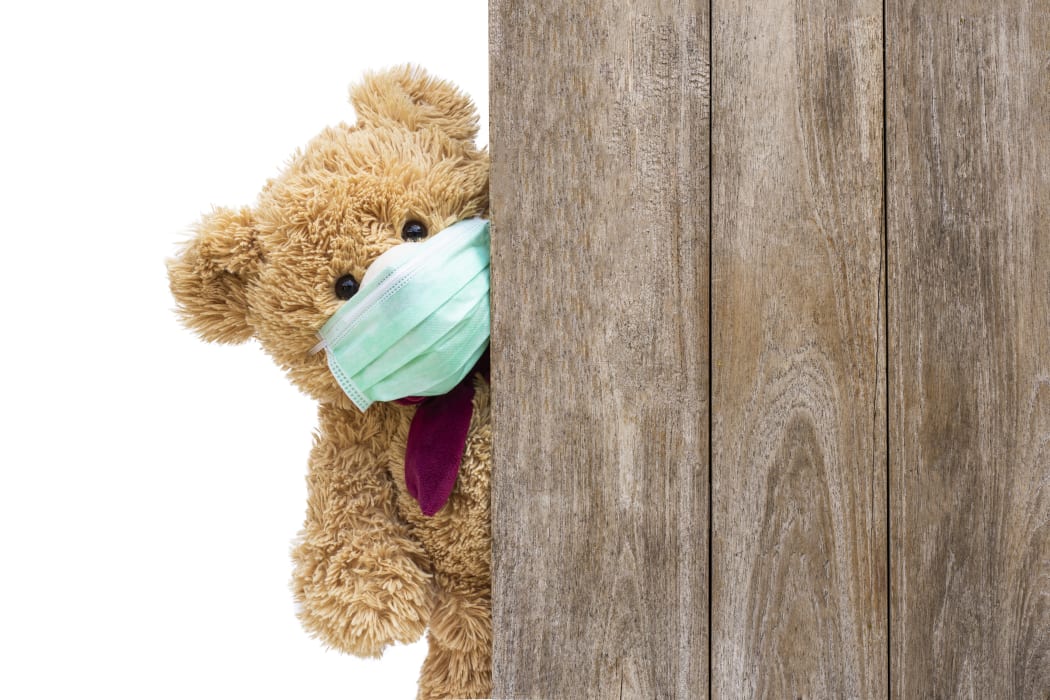Imaginative play is the best way for children to work through their fears about the coronavirus pandemic, says psychologist Sarb Johal, and it's all the better when parents join in.

Photo: Nikcoa/123RF
Parents can view imaginative play as a window to better understanding their child's concerns, he tells Lynn Freeman.
Invisible risks such as a virus can be especially hard for children to get their heads around, Johal says.
"Often what you see in play is something they may not be able to articulate directly if you ask them."
You may see their fears about Covid-19 materialise through play, such as doctor-and-patient, going to battle with a virus that's a 'baddie', Covid tag or pretend isolation.
Johal recommends parents enter their children's play worlds as much as possible.
"All of these are ways for children to make sense of what's going on in their worlds … This is a way of getting some insight and taking the child's lead. That shows the child you're entering into their world rather than them having to enter a world which seems quite scary. You entering their pretend play world will help them work out their emotions and fears if they see you reacting in a safe, contained, pretend space."
Watch Sarb Johal discuss the importance of play here.
Related:

